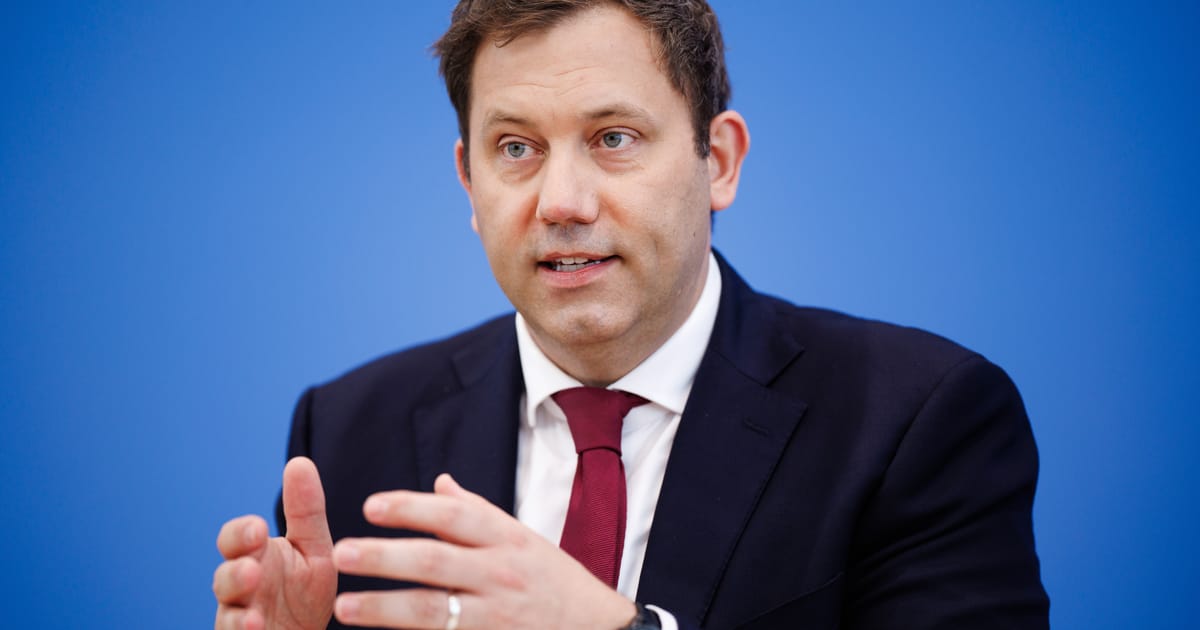

In recent developments from the international scene, a blend of unexpected reactions, strategic business decisions, and evolving tourism policies have captured attention. These stories reflect the dynamic nature of global interactions and highlight how various sectors are navigating the shifting landscapes.
In the realm of international trade, the European Commission has expressed a sense of surprise at the criticism from Germany regarding a trade deal between the European Union and the United States. Despite Germany’s long-standing support for the EU’s strategic approach to international trade negotiations, recent comments have suggested a divergence in expectations or priorities. Such discussions, while complex, aim to refine the nuances of agreements that significantly influence economic partnerships across the Atlantic. The collaborative spirit, vital for these negotiations, continues to drive efforts toward harmoniously meeting the needs and priorities of all involved parties.
Meanwhile, New Zealand has announced plans to introduce fees for international tourists visiting some of its most cherished natural sites. Set to be implemented by 2027, this initiative forms part of a broader overhaul of conservation laws aimed at balancing preservation with sustainable growth. The proposal includes a fee ranging from NZ$20-40 per visitor, targeting iconic destinations such as Cathedral Cove, Tongariro Crossing, Milford Sound, and Aoraki Mount Cook. By charging these fees, New Zealand hopes to generate funds to maintain the pristine environments that attract millions each year, while also allowing for responsible development on conservation land. This approach underscores New Zealand’s commitment to protecting its unique natural heritage while accommodating the economic benefits of tourism.
In the business sector, significant movements are taking shape, with the Australian investment firm Macquarie Group reportedly poised to acquire a 40% stake in Luz Saúde, one of Portugal’s prominent healthcare providers. This transaction, which values Luz Saúde at approximately one billion euros, highlights the ongoing trend of international investments flowing into the European healthcare market. Such investments are indicative of a broader strategy among global investors to diversify portfolios and capitalize on the growth potential presented by health services industries. By fostering collaboration across borders, these investments contribute to the enhancement of healthcare standards and access.
Further in the aviation industry, Lufthansa, the renowned German airline group, has decided to withdraw from potential investment and stakeholding plans in Air Europa, a Spanish airline. After careful evaluation and negotiations, Lufthansa concluded that moving forward with the transaction was not aligned with its strategic interests. This decision leaves Turkish Airlines as the remaining contender for a potential partnership with Air Europa. Such strategic decisions are not uncommon in the highly competitive airline industry, where companies are continuously reshaping their portfolios to optimize business performance and leverage new opportunities. The decision may redirect Lufthansa’s focus towards other promising avenues, potentially within the Portuguese market.
In sports, touching on the personal and professional growth within this sector, former footballer Marco Caneira reflects on the positive influence of Jorge Costa during his career. Caneira shares how Costa’s leadership helped many young players develop, leading by example and nurturing a supportive environment. These memories highlight the importance of mentorship in sports and the broader impact it can have on athletes’ careers and personal development.
These stories collectively paint a picture of a world in motion, where decisions, policies, and personal journeys interweave to shape our global community. While challenges are inevitable, the overarching narrative is one of careful consideration, strategic planning, and a shared commitment to growth and sustainability. As these developments unfold, they serve as reminders of the interconnectedness that defines contemporary global relations and the thoughtful strategies that guide them.
Source: {link}
